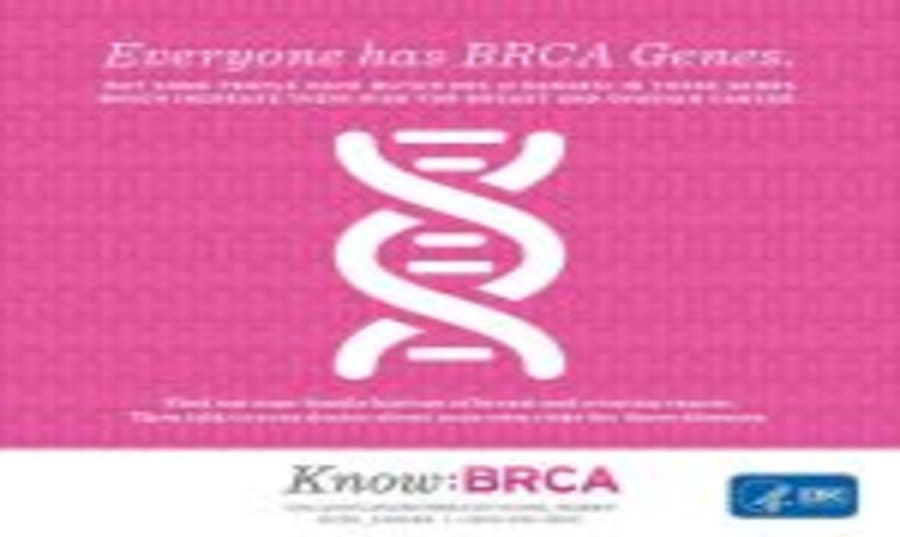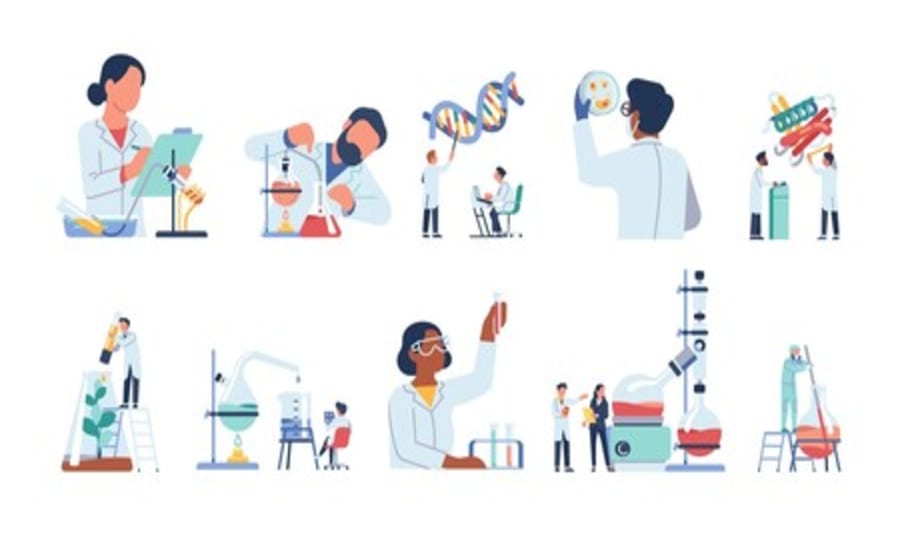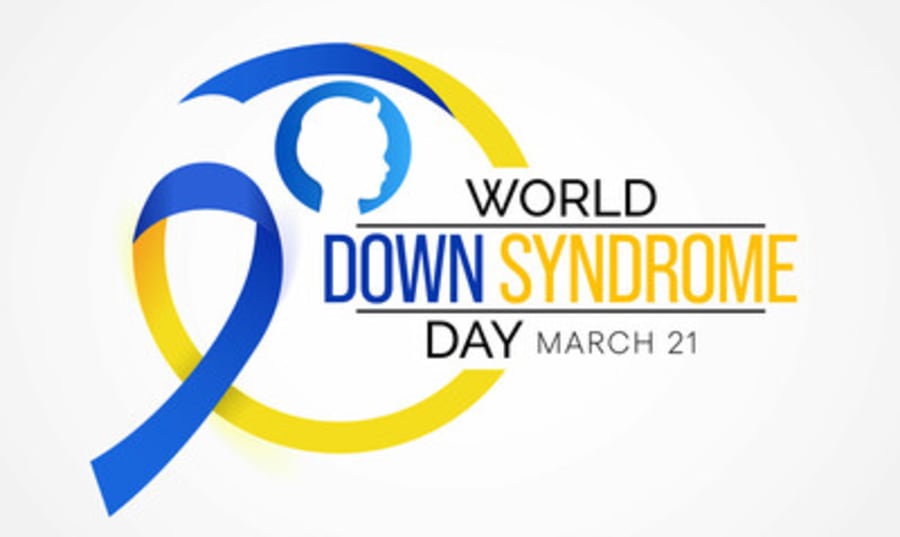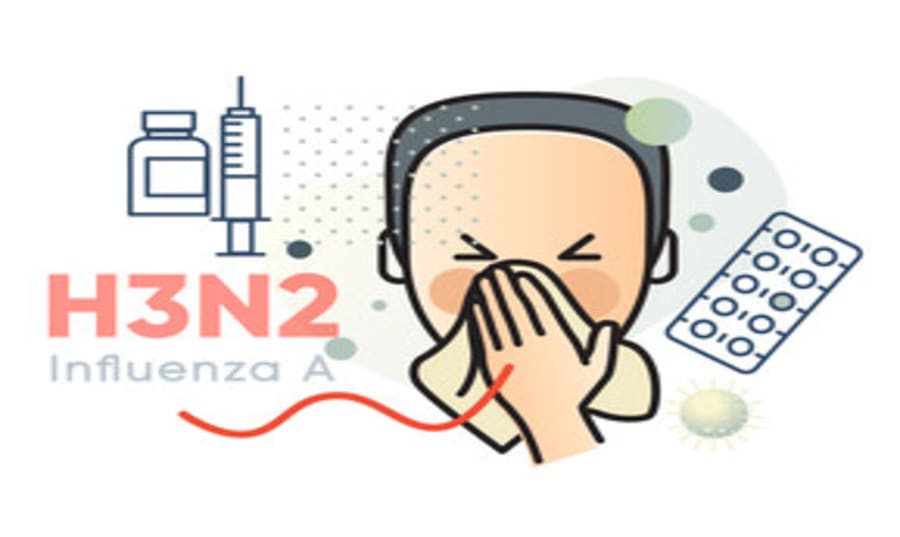Breast Cancer BRCA1 BRCA2 Genes Test
- 3 years ago
- 0 Comments
What are the BRCA1 and BRCA2 genes?
BRCA1 and BRCA2 are genes that suppress malignant tumours (cancer) in humans. When these genes change (become mutated) they do not suppress tumours as they should. BRCA1 and BRCA2 are tumour suppressor genes, which means that they keep cells from growing too rapidly. So people with BRCA1 and BRCA2 gene mutations are at a higher risk of getting cancer. Women with this mutation are at higher risk of getting breast cancer or ovarian cancer. Mutations may also increase a woman's risk of developing Cervical cancer, Uterine cancer. BRCA1/2 carriers who get ovarian cancer appear to have better survival than non-carriers in the first 5 years after diagnosis. Breast and ovarian cancer are the most common diseases linked to BRCA1 and BRCA2 changes, but mutated forms of the BRCA genes may increase people's risk for other cancers as well.
Specific inherited mutations in BRCA1 and BRCA2 increase the risk of female breast and ovarian cancers, and they have been associated with increased risks of several additional types of cancer. A harmful BRCA1 or BRCA2 mutation can be inherited from a person’s mother or father. Each child of a parent who carries a mutation in one of these genes has a 50 per cent chance of inheriting the mutation. The effects of mutations in BRCA1 and BRCA2 are seen even when a person’s second copy of the gene is regular.
How much does having a BRCA1 or BRCA2 gene mutation increase a woman’s risk of breast and ovarian cancer?
A woman’s lifetime risk of developing breast and ovarian cancer is significantly increased if she inherits a harmful mutation in BRCA1 or BRCA2.
Together, BRCA1 and BRCA2 mutations account for about 20 to 25 per cent of hereditary breast cancers and about 5 to 10 per cent of all breast cancers. Also, mutations in BRCA1 and BRCA2 account for around 15 per cent of ovarian cancers overall.
Breast cancer: About 12 per cent of women in the general population will develop breast cancer some time during their lives. By contrast, according to the most recent estimates, 55 to 65 per cent of women who inherit a harmful BRCA1 mutation and around 45 per cent of women who inherit a harmful BRCA2 mutation will develop breast cancer by age 70 years.
Ovarian cancer: About 1.3 per cent of women in the general population will develop ovarian cancer sometime during their lives. By contrast, according to the most recent estimates, 39 per cent of women who inherit a harmful BRCA1 mutation and 11 to 17 per cent of women who inherit a harmful BRCA2 mutation will develop ovarian cancer by age 70 years.
Are any tests available to detect BRCA1 and BRCA2 mutations?
Yes. Several different genetic tests are available, including tests that look for a known mutation in one of the genes and tests that check for all possible mutations in both genes. DNA (from a blood or saliva sample) is needed for mutation testing. The sample is sent to a laboratory for analysis.
What role do cancer genes play in the human body?
BRCA1, BRCA2, TP53, PTEN, STK11, CDH1, PALB2, CHEK2, ATM, NBN, BARD1, BRIP1, and RAD51C are human genes that produce tumour suppressor proteins. These proteins help repair damaged DNA and, therefore, play a role in ensuring the stability of the cell’s genetic material. When either of these genes is mutated or altered, such that its protein product either is not made or does not function correctly, DNA damage may not be adequately repaired. As a result, cells are more likely to develop additional genetic alterations that can lead to cancer.
Specific inherited mutations in BRCA1, BRCA2, TP53, PTEN, STK11, CDH1, PALB2, CHEK2, ATM, NBN, BARD1, BRIP1, RAD51C increase the risk of female breast and ovarian cancers, and they have been associated with increased risks of several additional types of cancer.
- Together, BRCA1 and BRCA2 mutations account for about 20 to 25 per cent of hereditary breast cancers and about 5 to 10 per cent of all breast cancers.
- Besides, mutations in BRCA1 and BRCA2 account for around 15 per cent of ovarian cancers overall.
- Breast and ovarian cancers associated with BRCA1 and BRCA2 mutations tend to develop at younger ages than their nonhereditary counterparts.
A harmful BRCA1 or BRCA2 mutation can be inherited from a person’s mother or father. Each child of a parent who carries a mutation in one of these genes has a 50 per cent chance (or one chance in 2) of inheriting the mutation. The effects of mutations in BRCA1 and BRCA2 are seen even when a person’s second copy of the gene is regular.
What is the cost of the BRCA1 and BRCA2 Test?
BRCA Test Cost is 15,000/- Rs, and you will get reports in 3-4 weeks.
|
Cost of BRCA1 and BRCA2 Test |
Test Cost |
Test Details |
|---|---|---|
|
Breast-ovarian cancer (BRCA1 & 2) Test |
Cost: 15000.00 | Test Offer |
|
Breast-ovarian cancer (Panel BRCA1, BRCA2, TP53, PTEN, STK11, CDH1, PALB2, CHEK2, ATM, NBN, BARD1, BRIP1, RAD51C) |
Cost: 20000.00 | Test Offer |






Leave Comment